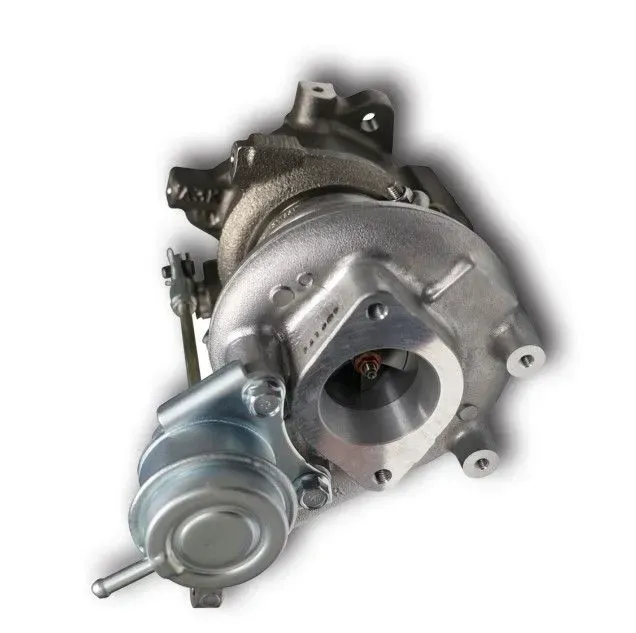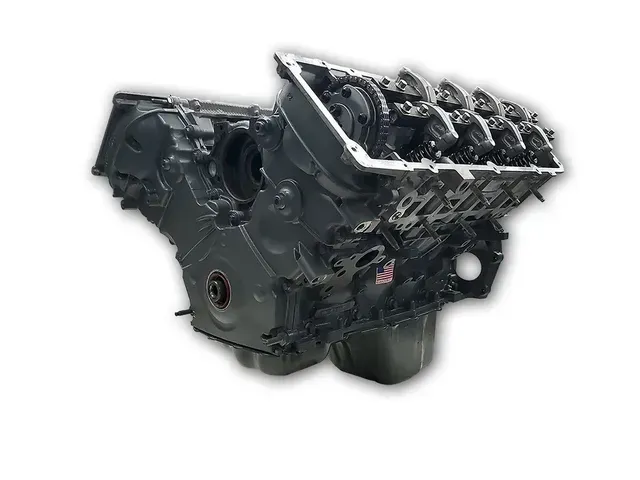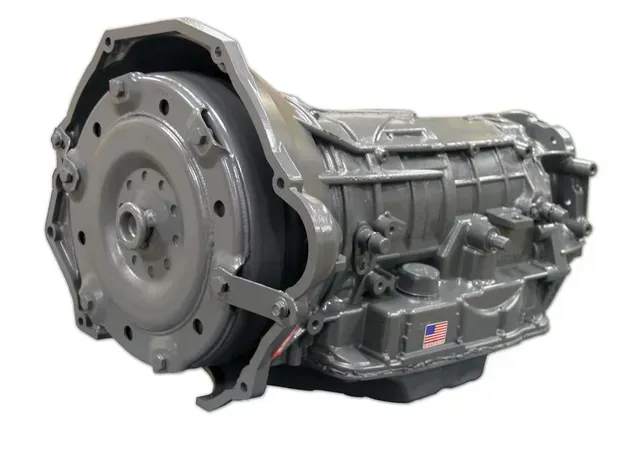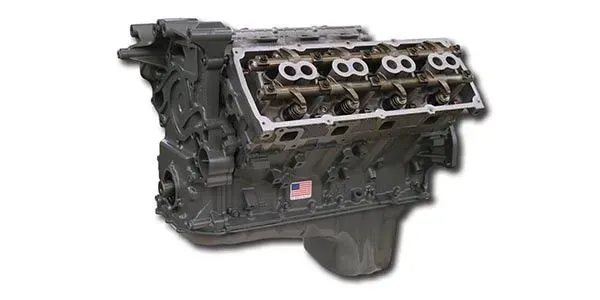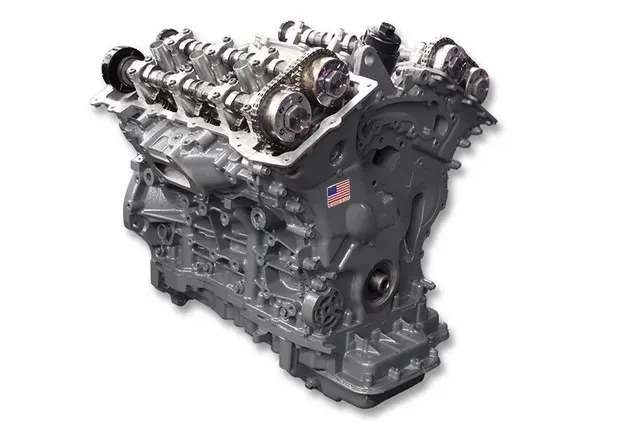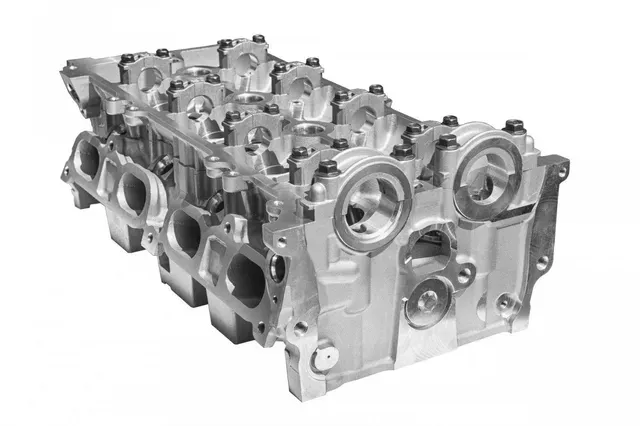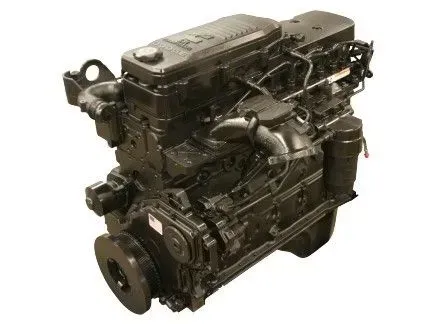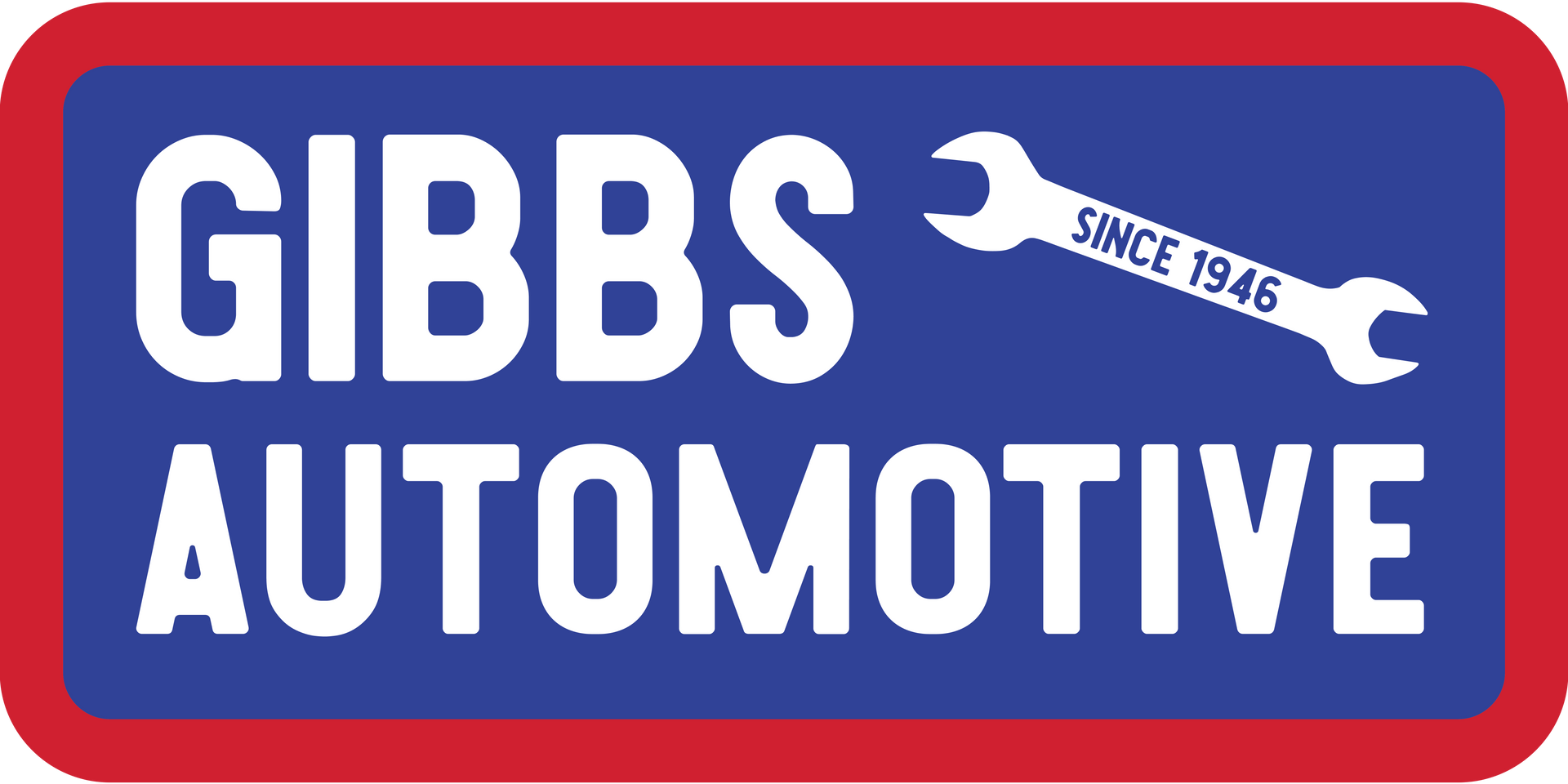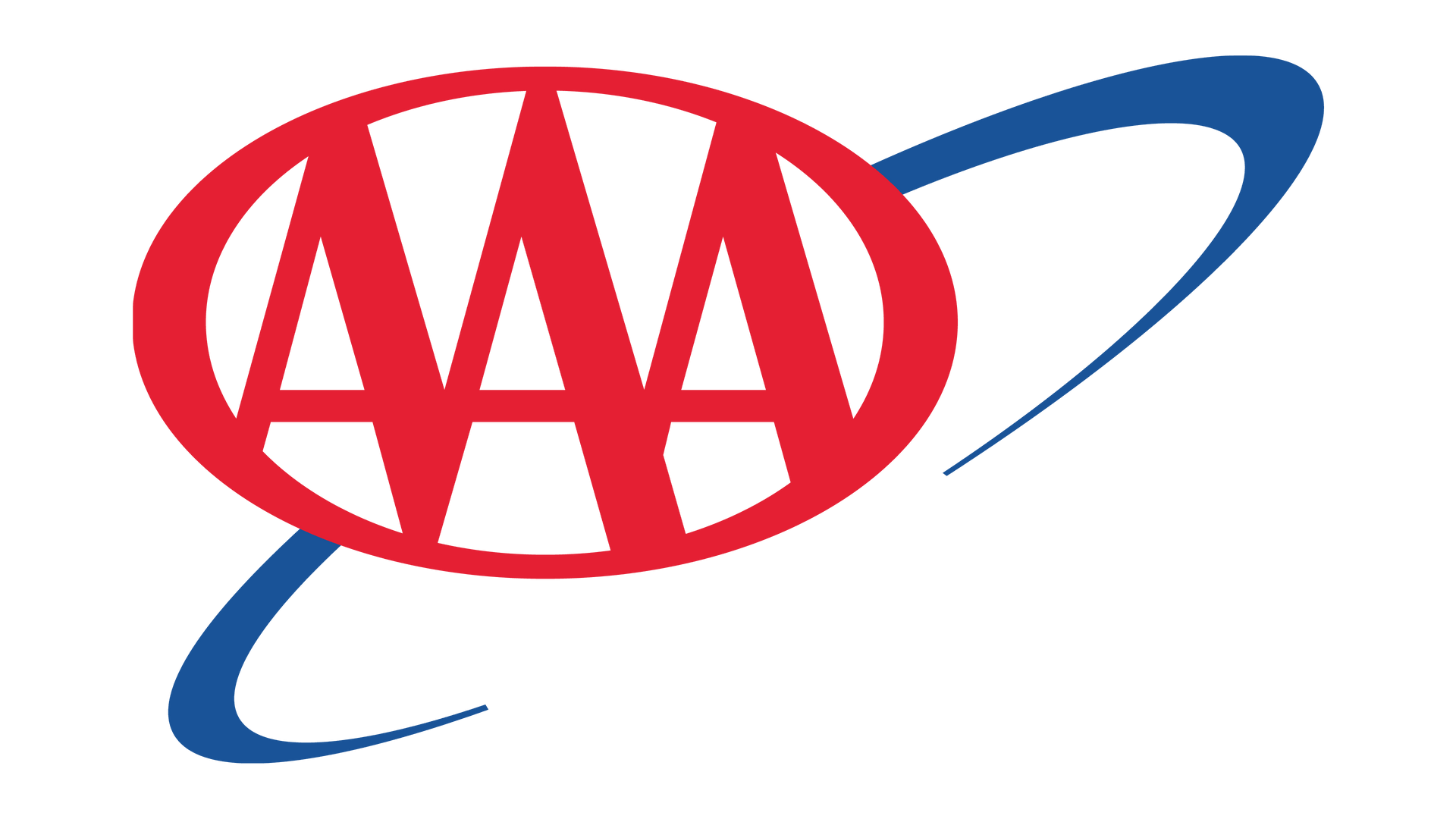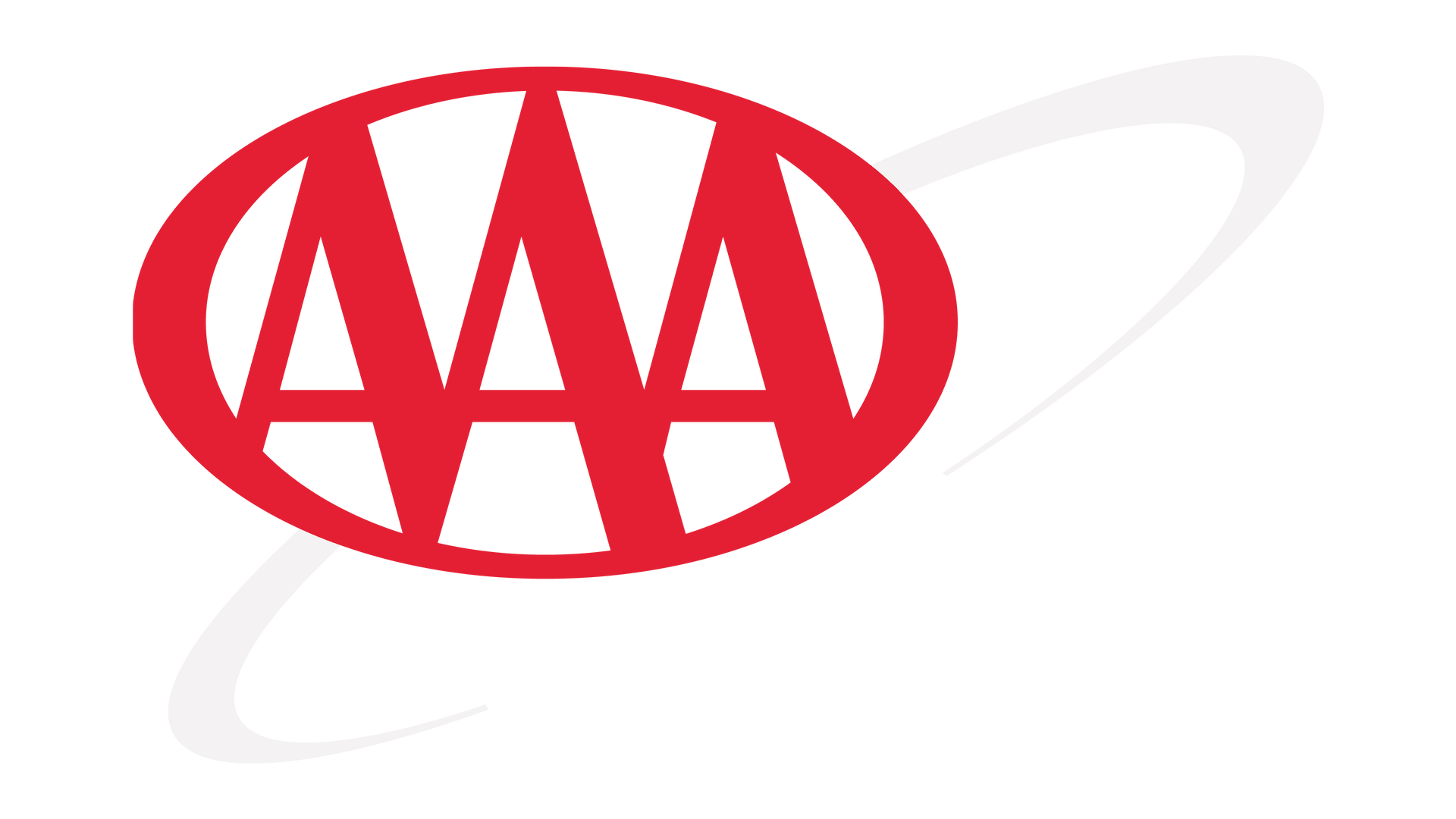Some car repairs are inconvenient. Others are expensive. And then there’s the timing belt—one of those critical components that, if ignored too long, can lead to catastrophic engine damage.
At Gibbs Automotive in Conyers, GA, we’ve seen what happens when timing belts break unexpectedly, and it’s not pretty. That’s why we always recommend being proactive. Replacing your timing belt before it fails can save you thousands of dollars and keep your vehicle running safely for years to come.
Here’s what every Conyers driver should know about their timing belt, how to tell if it's wearing out, and when to schedule service.
What Does a Timing Belt Actually Do?
The timing belt keeps your engine’s internal components in sync—specifically the crankshaft and camshaft. This coordination ensures that the valves and pistons move in harmony. If that timing is even slightly off, it can affect how your engine runs.
If the belt breaks while the engine is running, those moving parts can crash into each other. In an interference engine (which many modern vehicles have), that can lead to bent valves, damaged pistons, or even a ruined engine block.
In short, the timing belt may be out of sight, but it should never be out of mind.
When Should You Replace Your Timing Belt?
Most timing belts should be replaced every 60,000 to 100,000 miles, depending on the vehicle. Some newer vehicles can go a bit longer, while others need attention sooner. If you're not sure when yours was last replaced—or if it ever has been—it's worth checking your owner's manual or asking us to look it up for you.
In Georgia’s hot, humid conditions, belts can wear out faster, especially if your vehicle is used for stop-and-go traffic, towing, or frequent short trips around town.
At Gibbs Automotive, we recommend having your timing belt inspected during your major mileage services or if you’ve recently purchased a used vehicle and don’t know its service history.
Signs Your Timing Belt Might Be Wearing Out
Unfortunately, timing belts don’t always give much warning before they fail—but there are a few symptoms that can suggest it’s time for a replacement:
- Ticking or clicking noises coming from the engine
- Difficulty starting the engine or rough idling
- Loss of power or engine misfiring
- Oil leaking from the front of the engine
- A check engine light combined with performance issues
If your car is showing any of these signs—or if you’re approaching the recommended mileage—it’s time to get it checked before a small problem becomes a big one.
Timing Belt vs. Timing Chain—What’s the Difference?
Some vehicles use a timing chain instead of a belt. Timing chains are generally more durable and don’t require replacement as often, but they can still wear out, especially if oil changes have been neglected.
If you’re not sure which one your vehicle has, we’ll be happy to look it up and let you know whether a belt or chain service is recommended based on your engine type and driving habits.
Why Timing Belt Replacement Isn’t a DIY Job
Replacing a timing belt is a complex job. It involves removing multiple engine components, ensuring precise alignment of parts, and, in some cases, replacing the water pump and tensioners at the same time.
It’s not something most drivers should attempt on their own. At Gibbs Automotive, our technicians have the tools, training, and experience to replace your timing belt correctly and reset everything to factory specs.
We also take the opportunity to inspect other nearby components—like seals, gaskets, and pulleys—while we’re in there, so you don’t have to worry about related issues later on.
Why It’s Smart to Replace the Water Pump Too
In many engines, the water pump is located behind or near the timing belt. Since the labor to get there is the same, it makes sense to replace both at the same time if they’re nearing the end of their life.
It’s one of those “do it once, do it right” situations that helps you save money on future repairs and avoid coolant leaks or overheating down the line.
Get Ahead of Problems with a Timing Belt Inspection in Conyers
Spring and summer are prime driving seasons in Georgia. Whether you’re planning a vacation, more weekend driving, or just commuting daily, now is the time to make sure your engine is in good shape.
If your timing belt is due—or you’re not sure when it was last serviced—schedule a quick inspection with Gibbs Automotive. We’ll give you an honest answer and walk you through the next steps if replacement is needed.
Final Thoughts
Timing belt failure is one of the most preventable causes of serious engine damage. Replacing it on time is an investment in your vehicle’s long-term health—and your own peace of mind.
If your vehicle is approaching the mileage window or showing signs of wear, don’t wait. Let the team at Gibbs Automotive take care of it now so you can enjoy a smooth, worry-free summer on the road.


